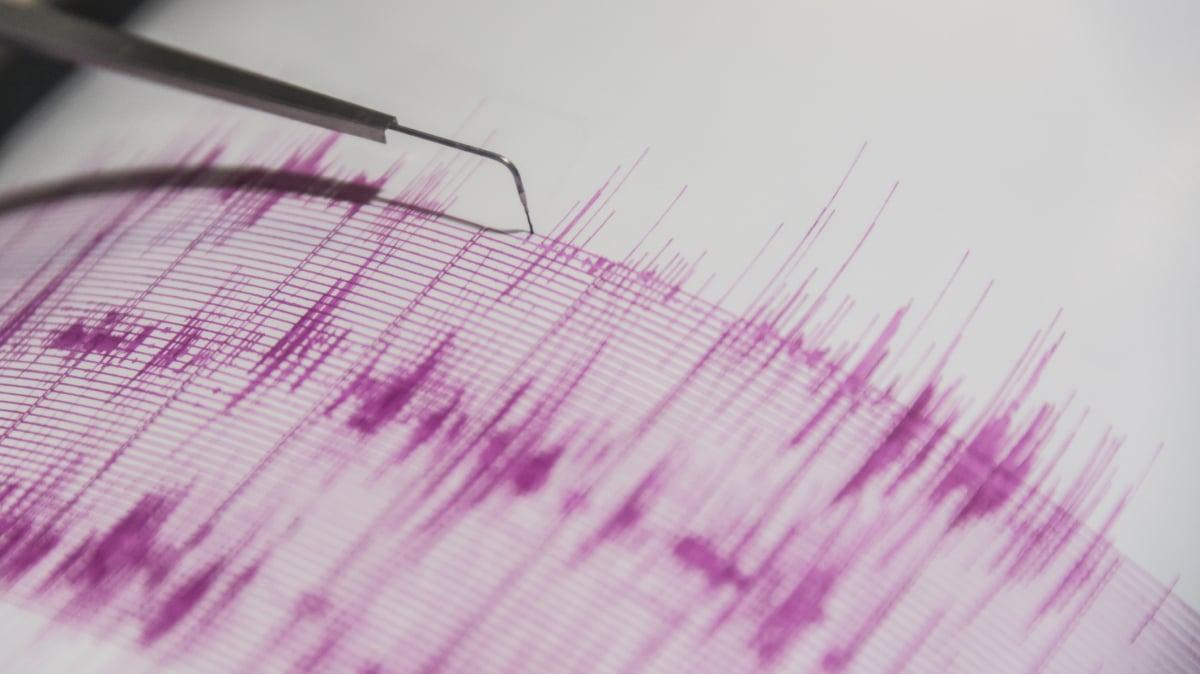Google has admitted its earthquake alert system largely failed during the 2023 earthquake in Turkey.
The tech giant told the BBC that its Android Earthquake Alert (AEA) feature only sent 469 "Take Action" warnings for the deadly 7.8 magnitude earthquake. If working the way it was supposed to, the alert system reportedly could have given 10 million people within 98 miles of the earthquake's epicenter critical seconds to find safety.
The "Take Action" alert is the feature's highest warning and overrides user's Do Not Disturb setting with a full-screen notification and audible warning sounds. Google told the BBC that it sent half a million people the lower level "Be Aware" warning that is meant to indicate lighter shaking and does not override the Do Not Disturb setting. The first earthquake began a little after 4 o'clock in the morning, when many people were asleep. The death toll was over 55,000, with the earthquake killing people in Eastern Turkey and parts of Syria.
Mashable Light Speed
Google's earthquake alert system works by using Android phones to work as "mini-seismometers" to detect vibrations and communicate that information to Google's earthquake detection servers, according the feature's page. Over 70 percent of phones in Turkey use the Android operating system, so this alert could have had wide reach.
Back in 2023 when the earthquake hit, the BBC spoke to hundreds of Turkish residents and "didn't find anyone who had received a warning." At the time, Google insisted to the outlet that the alert system had worked. Google cited "limitations to the detection algorithms" that failed to detect the magnitude of the earthquake in a paper recently published in Science. According to the paper, researchers simulated the Turkey earthquake with an improved algorithm and reported that the system generated 10 million Take Action alerts and 67 million Be Aware alerts.






